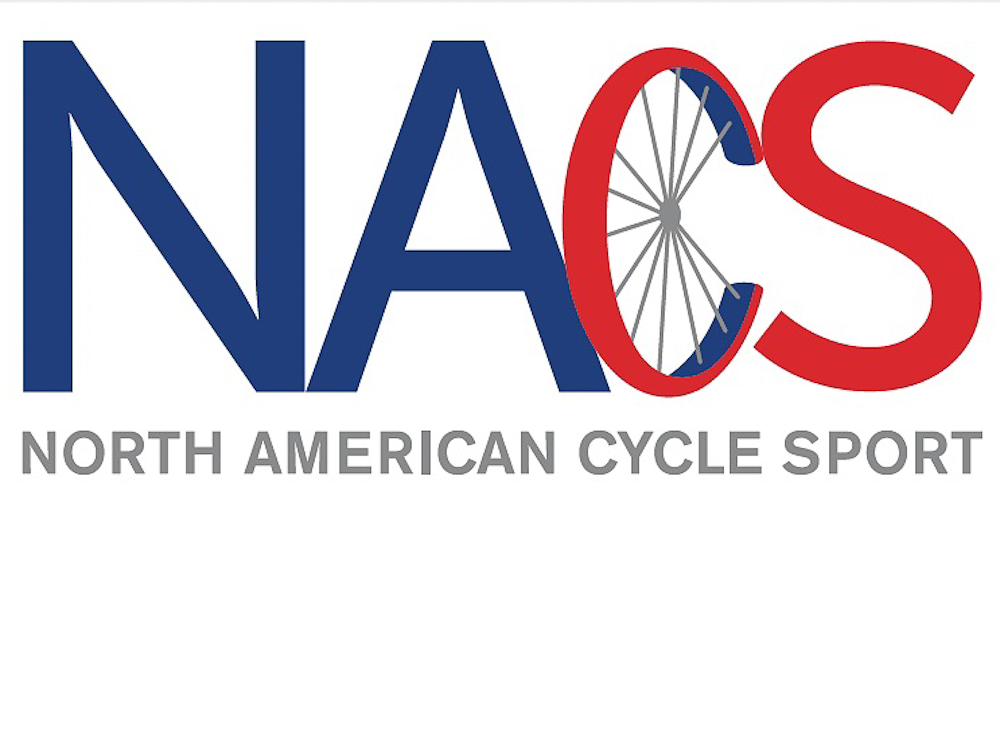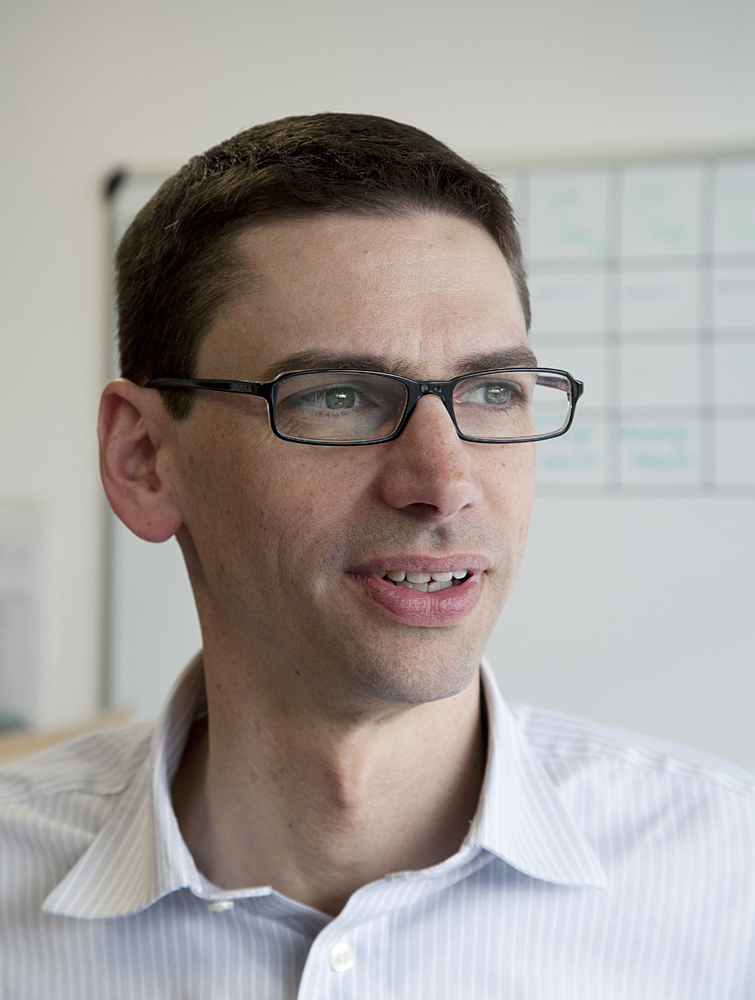New national sanctioning body emerges in US
North American Cycle Sport targets USA Cycling's hold on amateur and grassroots events


USA Cycling could face increased competition at the amateur and grassroots level with the advent of a new national sanctioning body that plans to open for business as soon as next week.
North American Cycle Sport will focus on supporting riders, promoters and local associations by providing a simplified framework for both competitive and non-competitive grassroots events, said NACS CEO Tod Manning, who insisted that the new group is not out to compete with USA Cycling, but rather to help the national governing body achieve its own mission of growing competitive cycling in the US.
“At this point in time there are a lot of folks who are looking for alternatives to USA Cycling for their events,” Manning said. “And we want to provide them with that alternative. But that being said, we are very supportive of USAC's mission to improve and increase competitive cycling across the United States.”
In an interview with Cyclingnews this week, Manning said NACS arose from concerns among a number of people in the cycling industry regarding the “direction that things were going” in the US, especially at the local and regional levels.
“Over the last several years we realized that maybe there was an opening for a different solution for grassroots cycling and the entire cycling community in the United States,” he said.
The events that NACS will target include local and regional racing along with non-competitive events like gran fondos and charity rides – basically any event that gets people on bikes.
“We don't even know what the limits are at this point in time, but we want to provide a basic path for someone who wants to put on some kind of cycling event, to give them almost an event-in-a-box solution,” Manning said.
The latest race content, interviews, features, reviews and expert buying guides, direct to your inbox!
“And we want to do this for competitive as well as the non-competitive side – to make it very easy for want-to-be event directors and promoters to put an event on and to do so in a way that provides a safe environment for their participants as well as giving them the necessary solutions for putting their events on.”
NACS has a three-year agreement with BikeReg.com to provide the infrastructure for an online permitting process, event registration, group membership, results and calendars. Manning said NACS individual memberships will be cheaper than USA Cycling memberships, as will promoter costs like permits and insurance, which he said promoters will get at the group's cost.
But most importantly, Manning said, more money will go back to the local associations. For example, $20 from every $50 per-day permit fee for an NACS sanctioned event would go back to the local association, as would part of every membership sold in the association's area.
Aside from providing a better deal for promoters, riders and local associations, Manning said, the new group will prioritize “integrity and transparency” in how it conducts itself and how it does business. Critics often took issue with USA Cycling under Johnson's tenure when they believed the organization was too opaque about some of its decision-making and internal financing. Among independent organizations like the Oregon Bicycle Racing Association and the American Cycling Association – which is now back in the USAC fold operating as the Bicycle Racing Association of Colorado – USA Cycling was viewed as being hostile to their efforts.
New leadership at USA Cycling
The timing of the NACS's formation is especially interesting because new USA Cycling CEO Derek Bouchard-Hall, who Manning described as “not just a breath of fresh air, but a storm of fresh air,” has identified integrity, transparency and better support for grassroots cycling as being among his top priorities.
In an interview with Cyclingnews earlier this summer, Bouchard-Hall, who took over from Johnson about four months ago, said under his leadership USA Cycling would refocus its efforts on the experience of the “everyday racer.”
“A lot of people think of USA Cycling as very elite focused and it's about medals, but it's not,” Bouchard-Hall said in August. “That's only a portion of our mandate. It's only a portion our elite mandate. The other half is that we're supposed to be about running a sport and helping the sport grow at the everyday participation level, having it be safe, well run, easy to do with limited barriers. So we really want to focus our energy on that.”
Bouchard-Hall's hiring briefly caused Manning and the others working on NACS to contemplate delaying their plan in order to wait and see what would happen under USA Cycling's new leadership, but they ultimately decided against it.
“We would rather move forward with the idea being to offer a better mousetrap for promoters who are seriously considering going unsanctioned or who are already running unsanctioned events,” Manning said. “We are fully supportive of what he has to do, but we do not envy him his job right now.”
Cyclingnews reached out to USA Cycling Wednesday afternoon for a comment about NACS and received a response from Bouchard-Hall via email. “We respect their stated objectives to grow the sport of cycling, but we believe that is best done within USA Cycling, particularly as we seek to increase focus on grass roots development,” Bouchard-Hall wrote.
Manning characterized a telephone conversation he had with Bouchard-Hall on Wednesday as ‘frank and open.’
“While Mr. Bouchard-Hall understands we support USA Cycling’s mission to grow the sport, I would not say that he greeted the news with enthusiasm. But we did agree to keep our lines of communication open,” Manning wrote in an email to Cyclingnews.
Breaking Away
Although USA Cycling, which has roughly 70,000 paying members, currently sanctions the vast majority of competitive cycling events in the US through 34 local associations, those regional and local entities are actually independently owned and operated 501 C3 corporations. They can “do what they wish” within the purview of their corporate bylaws. When asked what was the number one thing NACS can offer to prospective local partners, Manning didn't hesitate. “Far more money,” he said.
“We think the more money that's going back to that level then the more participants and events there will be,” he said. “We truly believe that, rather than have so much of the money that just leaves and never comes back.”
Manning said a core group of NACS supporters have been working on the idea and ironing out the details over the past year. There are currently about 10 people actively working on getting the new group up and running, many of whom are current promoters, USAC officials or people who work with local associations under the USA Cycling umbrella.
Manning, a licensed attorney who consults on compliance matters for Microsoft, is also a national commissaire in road and mountain biking with USA Cycling and is one of the top motorcycle referees in the country, according to his biography on the NACS website (www.nacs.bike).
He was a member of the USA Cycling National Technical Commission and is currently a member of the officials motor commission, a motor instructor and an evaluator of officials. He has officiated and carried commissaires, photographers and TV cameramen on his motorcycle at some of the top races in the United States, including the UCI Road World Championships in Richmond.
On behalf of NACS, Manning reached out to USA Cycling twice previously before he was finally able to connect via telephone with Bouchard-Hall on Thursday, he said, adding that his group is hoping to co-exist with USA Cycling and eventually build a good working relationship with a shared goal of cycling growth.
As the official governing body recognized by the UCI, Manning said, USA Cycling is good at running national championships and series like the National Racing Calendar and the National Criterium Calendar, along with preparing teams for the Olympics and other elite events, but by focusing on the elite level, USA Cycling has let the grassroots languish.
“I'm sure it's been unintentional,” he said. “There are many great people who work at USA Cycling and they truly want the best thing for the sport also. But I think it's a matter of limited resources as to just how much energy the folks at USA Cycling can put into the elite level and the grassroots level and put out good products or programs across the board.
“They're both needed,” Manning said of grassroots and elite cycling. “And what we hope to do is bring far more people into the sport and then into that small segment of the sport that is racing. And for those who get into racing and find that it's something that makes them happy and that they're good at, we want to have them ascend the levels until they're racing at the elite level.”
Growing up in Missoula, Montana, Pat competed in his first bike race in 1985 at Flathead Lake. He studied English and journalism at the University of Oregon and has covered North American cycling extensively since 2009, as well as racing and teams in Europe and South America. Pat currently lives in the US outside of Portland, Oregon, with his imaginary dog Rusty.